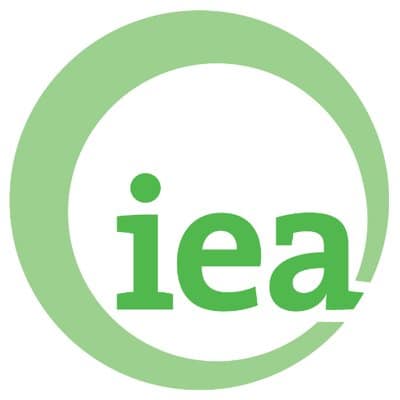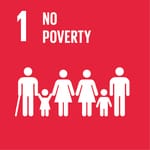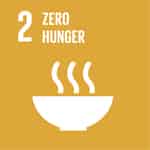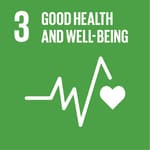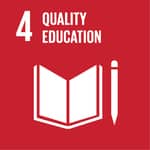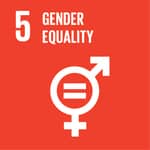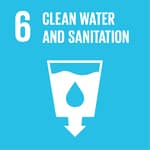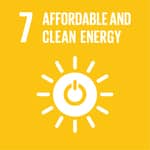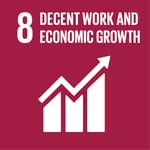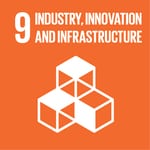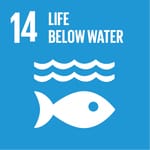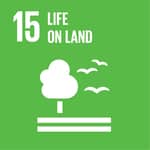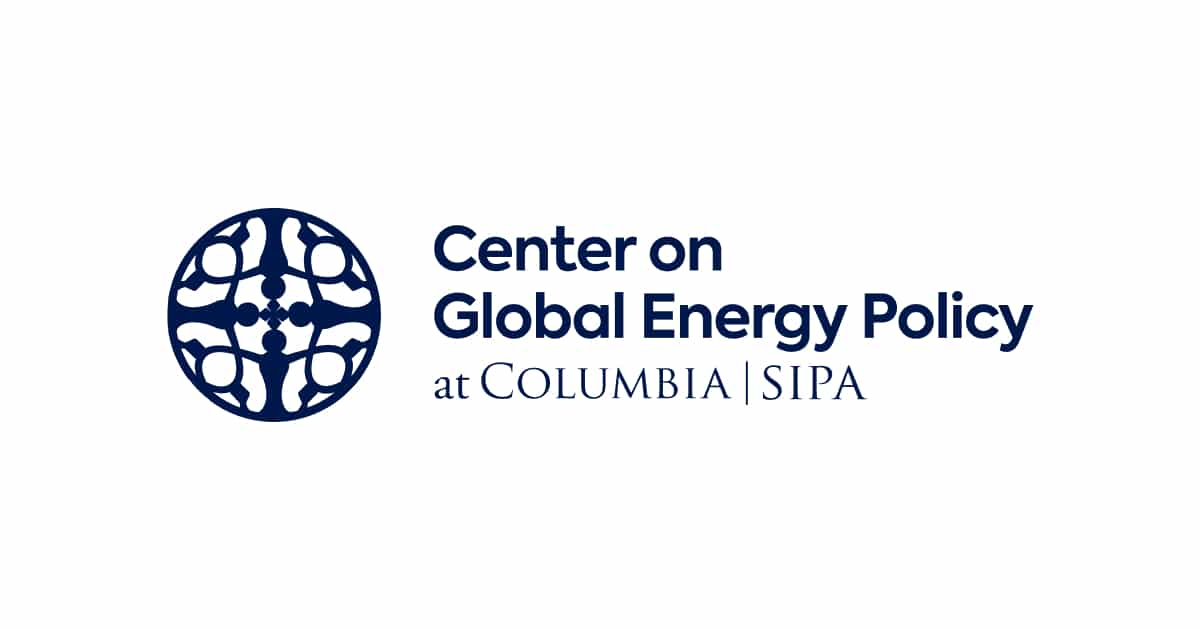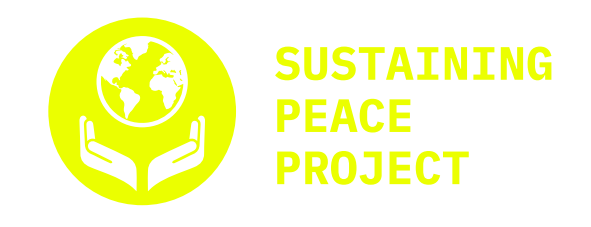It seeks “to ensure reliable, affordable and clean energy” for all by examining the full spectrum of energy issues. This includes oil, gas and coal supply and demand, renewable energy technologies, electricity markets, energy efficiency, access to energy, demand side management and much more. Major foci are energy security and energy poverty, energy development and carbon capture, environmental awareness and climate change, and engagement worldwide. IEA has 30 member countries and it is an autonomous body within the OECD framework.
Programs:
- Clean Energy Transitions Programme (CETP) – Leverages energy expertise across all fuels and technologies to accelerate global clean-energy transitions, particularly in major emerging economies. Includes collaborative analytical work, technical cooperation, training and capacity building and strategic dialogues.
- Energy Efficiency in Emerging Economies (E4) – Works closely with six of the world’s largest emerging economies on energy efficiency.
- Electric Vehicles Initiative – A multi-government policy forum dedicated to accelerating the introduction and adoption of electric vehicles worldwide.
- Climate change – Promoting sustainable development and combating climate change have become intertwined aspects of energy planning, analysis and policy making.
Publications:
Highlights:
- World Energy Outlook – This flagship annual report looks into the dynamic interplay of energy markets, technology, and policy (never more critical), explores different scenarios that model the future of the energy system, e.g., The Sustainable Development Scenario (SDS) outlines an integrated approach to achieving internationally agreed objectives on climate change, air quality and universal access to modern energy. The New Policies Scenario (NPS) incorporates existing energy policies as well as an assessment of the results likely to stem from the implementation of announced policy intentions.
- Energy Technology Perspectives – An annual report that provides long term outlook scenarios up to 2050. It is a comprehensive inventory of the current state of global clean energy supply chains, covering the areas of mining; production of materials like lithium, copper, nickel, steel, cement, aluminium and plastics; and the manufacturing and installation of key technologies.
- Global Energy Review 2021 (April 2021) – The report explores whether the rebound in activity risks pushing CO2 emissions to a new high and to what degree new policies targeting a sustainable recovery are able to curb a rebound in emissions.

